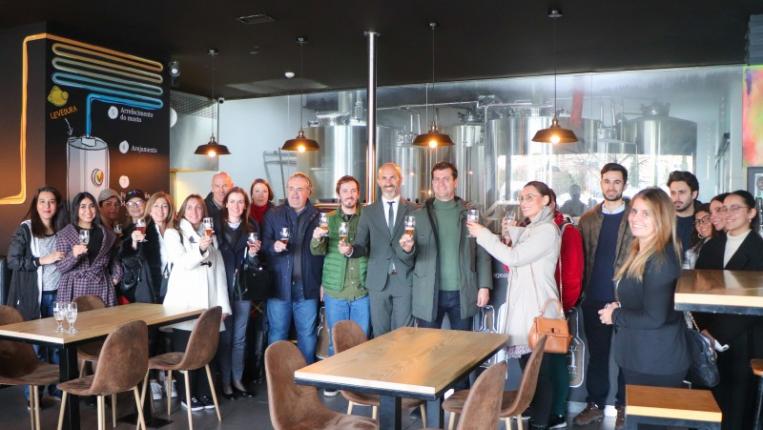There are many challenges that characterize today's society, resulting from demographic, political, social and technological changes. These challenges imply a constant transformation in the way we study and understand them and in the way we guide interventions and aid projects.
The Faculty of Philosophy and Social Sciences (FFCS) has a master's degree course specializing in Educational Psychology that has been running since 2008, with above-average academic success and employability indicators.
The Master's Degree in Educational Psychology is governed by the guiding principles of the Bologna Process and the European Diploma in Psychology (Europsy), requiring a degree in Psychology or Psychological Sciences as access conditions, and presenting a very complete and up-to-date curricular structure. This course has been updating its syllabus in order to provide students with excellent training in fundamental and emerging areas of the educational context, namely in terms of Intervention in Inclusive Education, Psychogerontology, Intervention in Emerging Problems, Health Promotion, Family Counseling and Parenting, and Career Development.
What does this course offer?
The Master's Degree in Educational Psychology prepares students for the organizational model of the future (Bersin, Deloitte Consulting LLP, 2018), i.e. being integrated into projects, performing specialist functions and collaborating in work teams.
Its main objectives are to develop skills related to learning processes and the integral development of the person (linguistic, cognitive, social and emotional) throughout life. In this way, it prepares the future psychologist to intervene at the level of the individual, the family, the institution and the surrounding community, in contexts of learning and development throughout the life cycle. The intervention of the Educational Psychologist is essentially preventive, through different forms of direct and indirect intervention: individual consultation, consultancy and/or training.
In addition to excellence in scientific training, which allows for the development of specific skills, the course also offers transversal skills that are crucial in the training of students, such as critical thinking, problem solving, the ability to work as part of a team and emotional intelligence. This comprehensive training is possible thanks to the qualifications of the teaching staff and the active and self-regulatory strategies of the teaching/learning process, which always take place within a very close and supportive pedagogical relationship. As a result, Educational Psychologists who graduate from the UCP Braga FFCS will enter the job market with a high degree of flexibility and adaptability.
The main places of work for Educational Psychologists are City Councils, Employment Centers, Leisure Centers, CQEP, Nurseries, Kindergartens, Primary and Secondary Schools, Vocational Schools, Universities, Elderly Homes, Child and Youth Protection Commissions, Temporary Reception Centers and Clinics offering Psychological Consultation in the field of Education.
What is the employability rate?
According to FFCS Higher Education Courses Data and Statistics (Infocursos), Psychology has high levels of employability (98.5% - average from June to December 2018). According to data from the Portuguese Psychologists' Association's Employability Observatory for 2014 and 2017, Educational Psychology is the second most employable area of Psychology.




